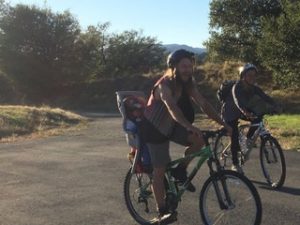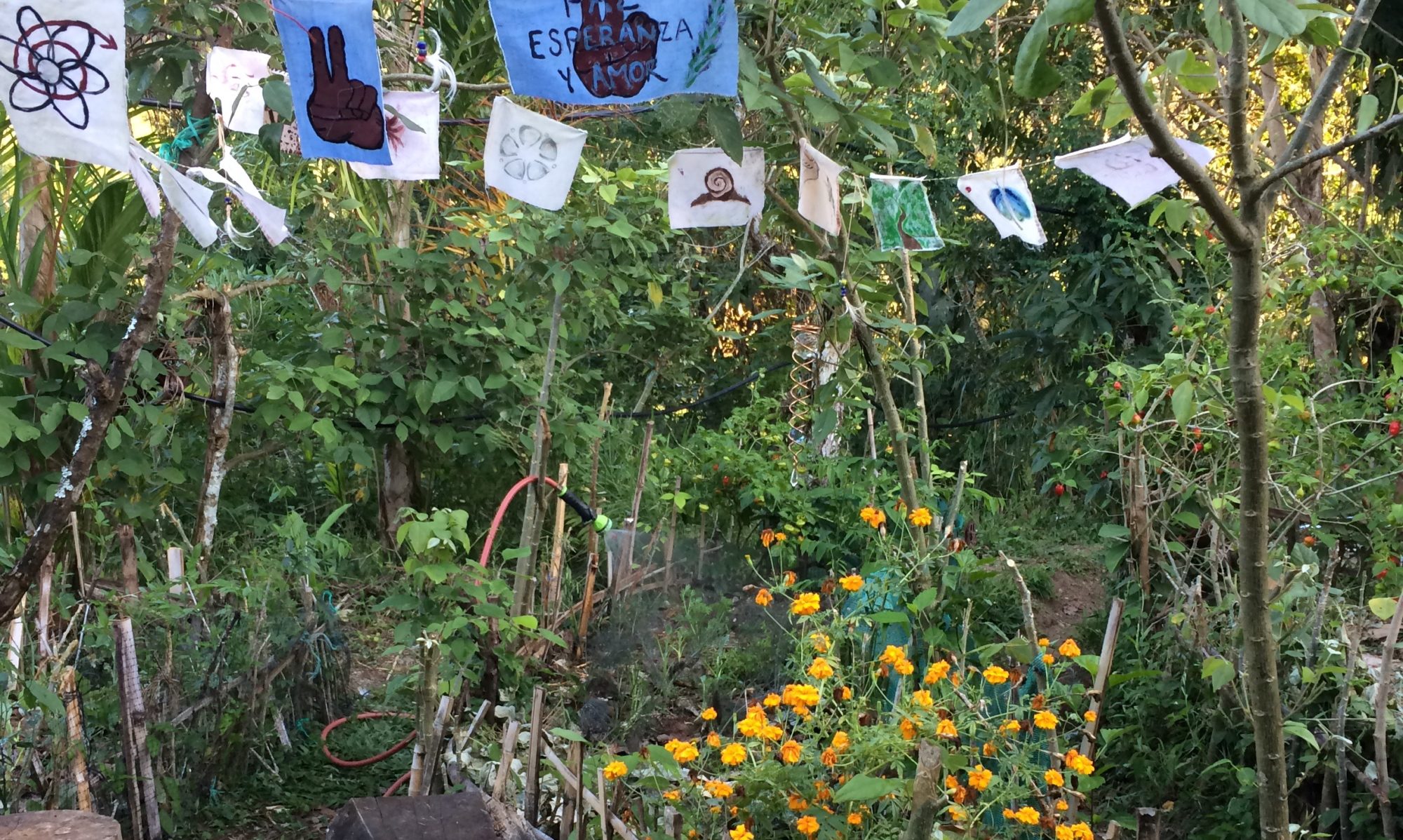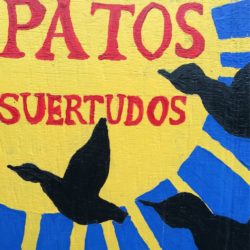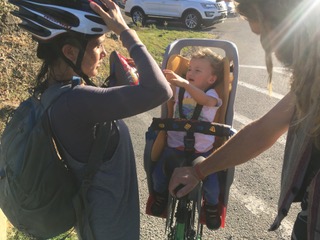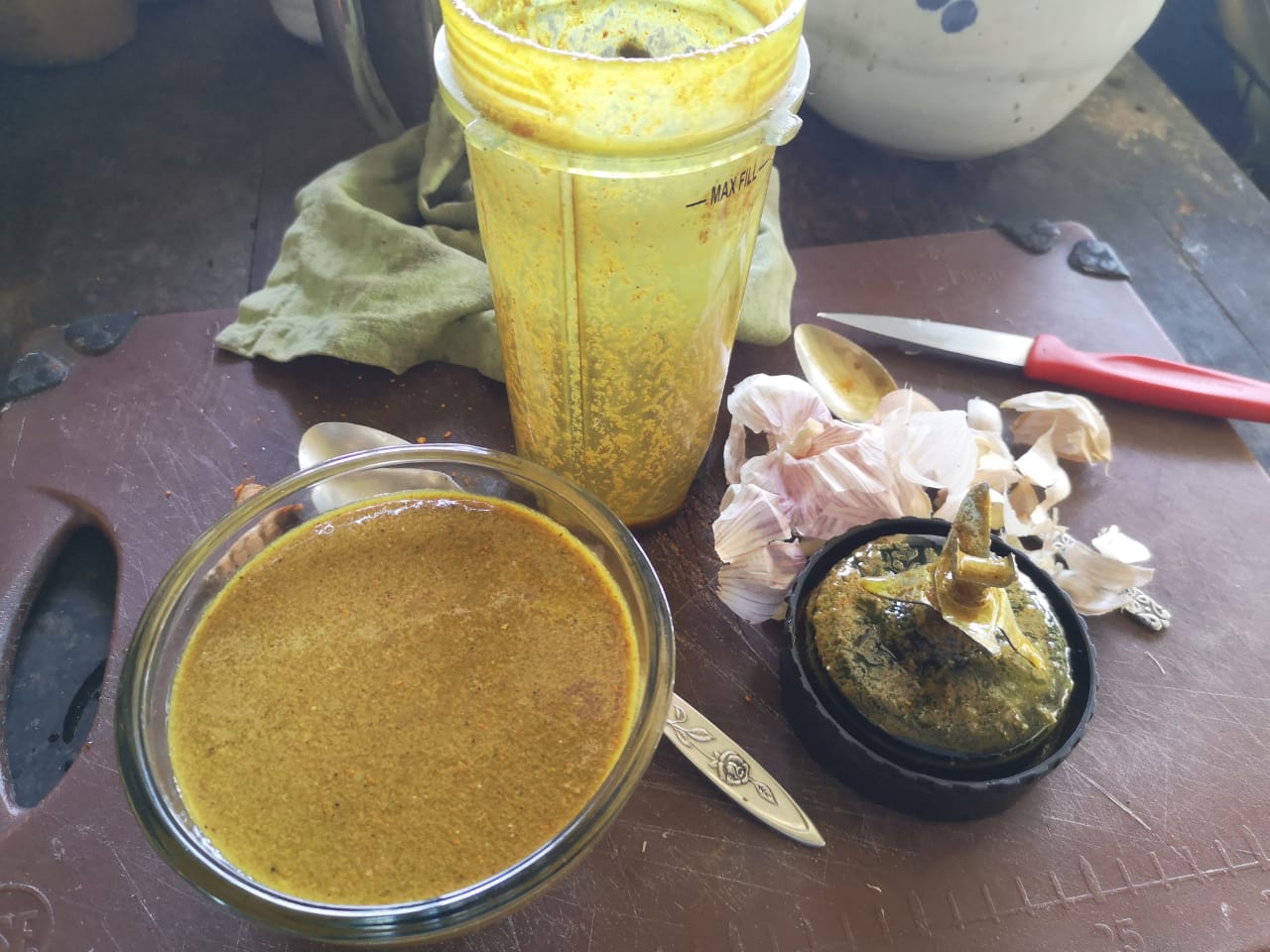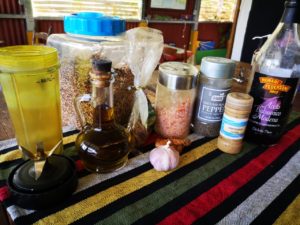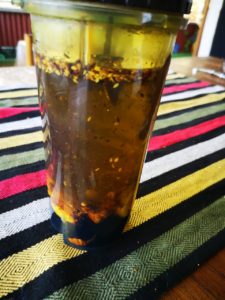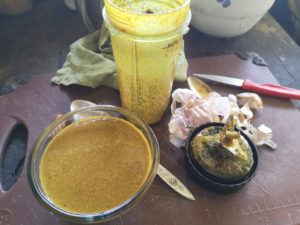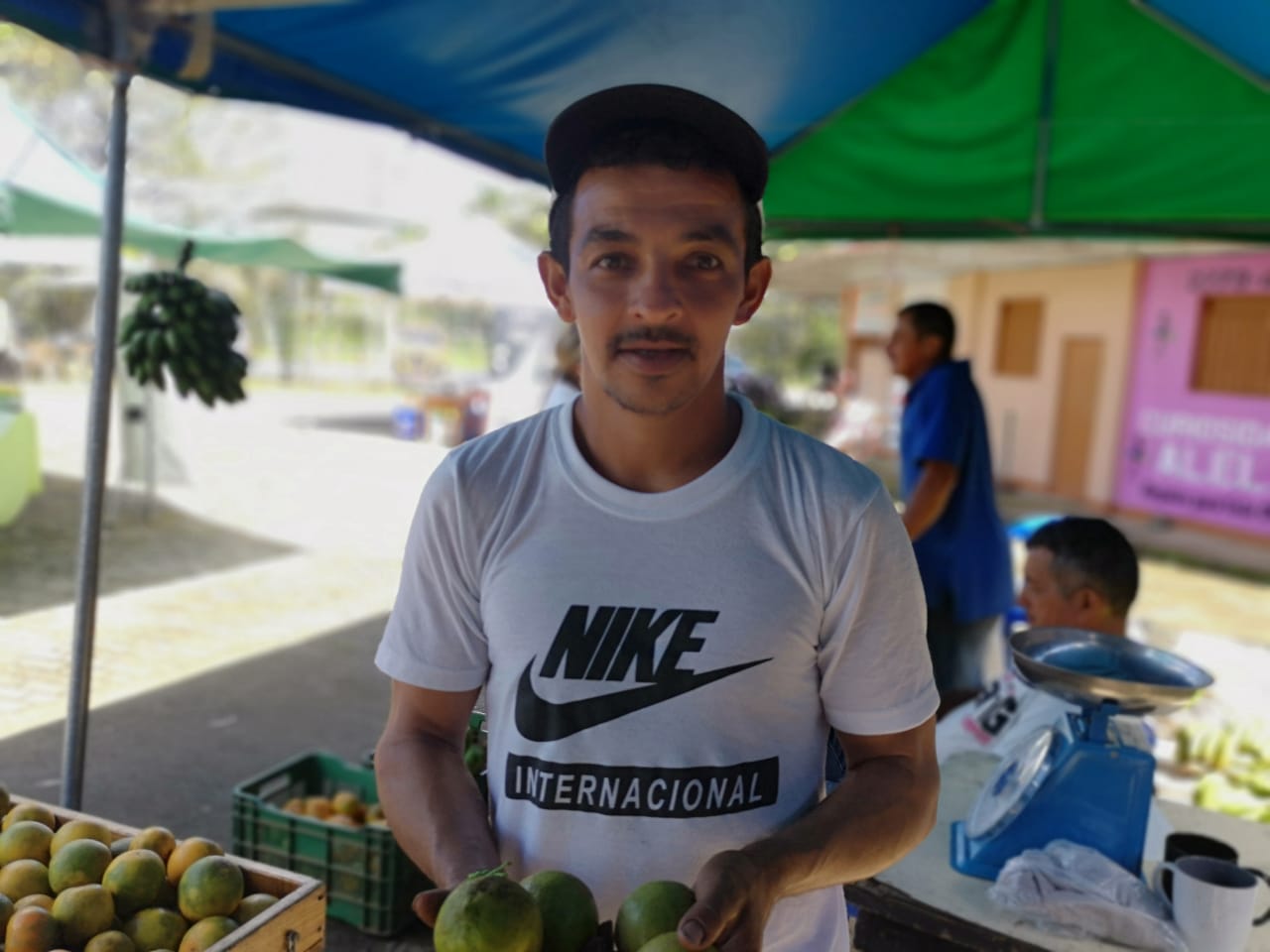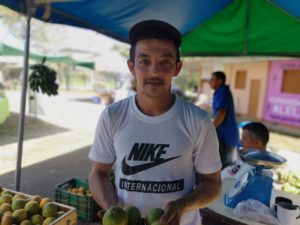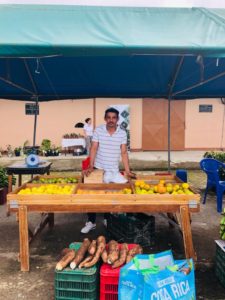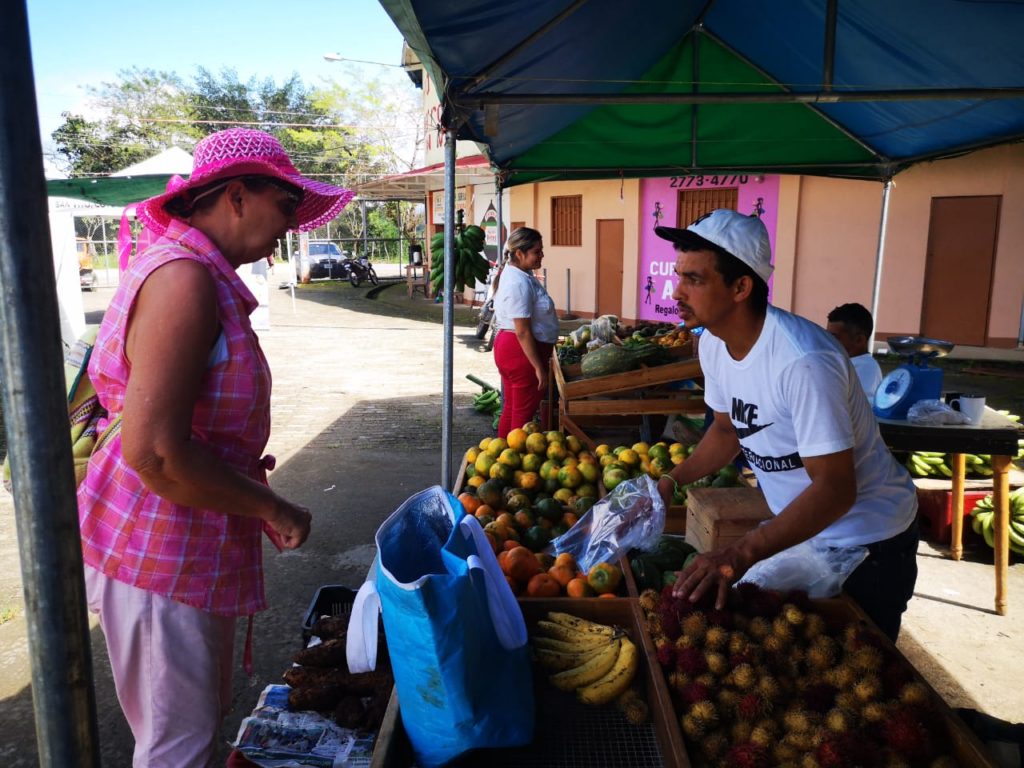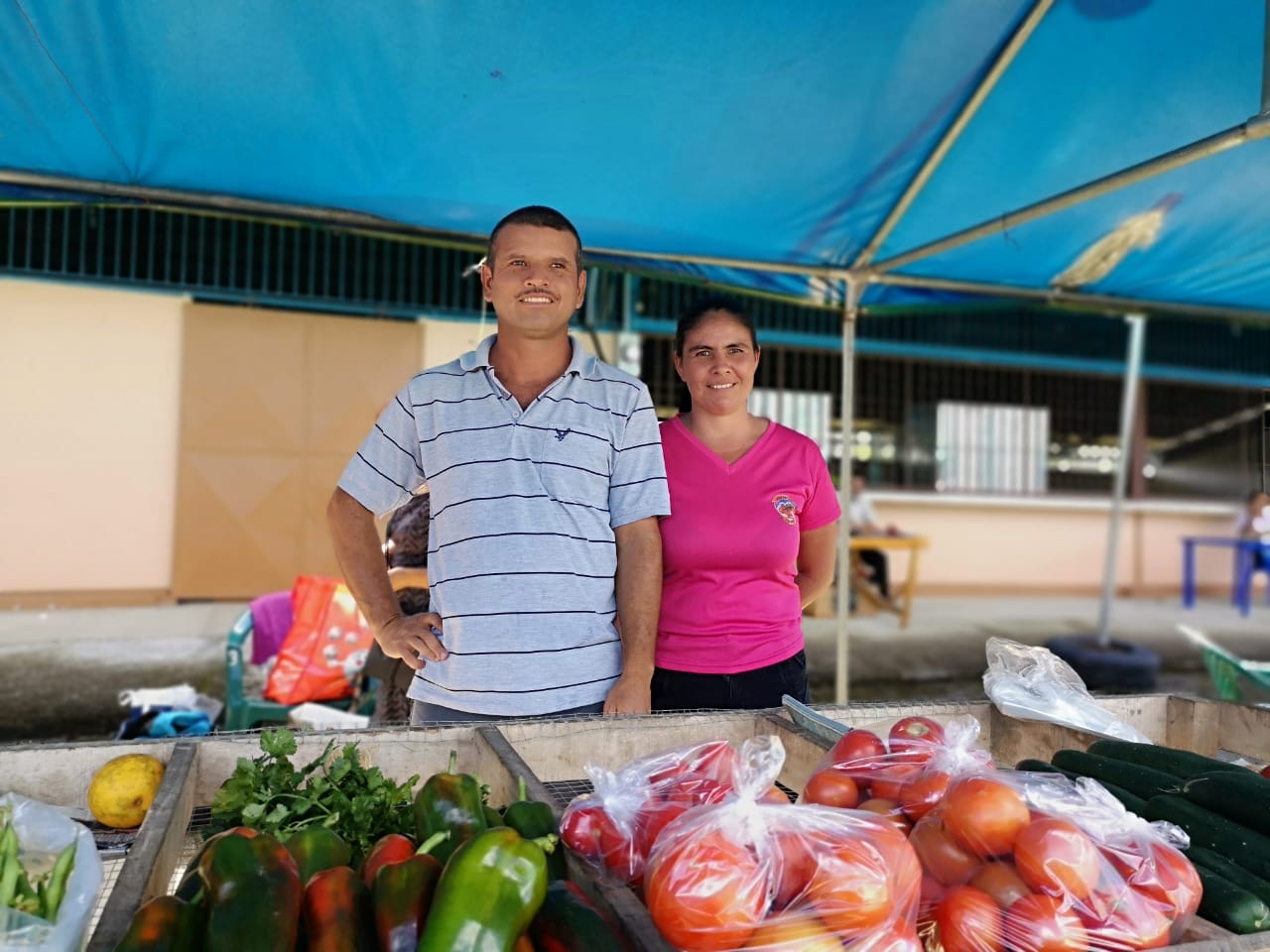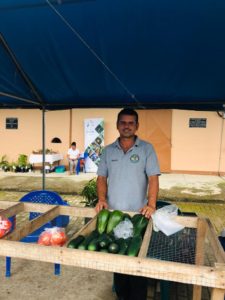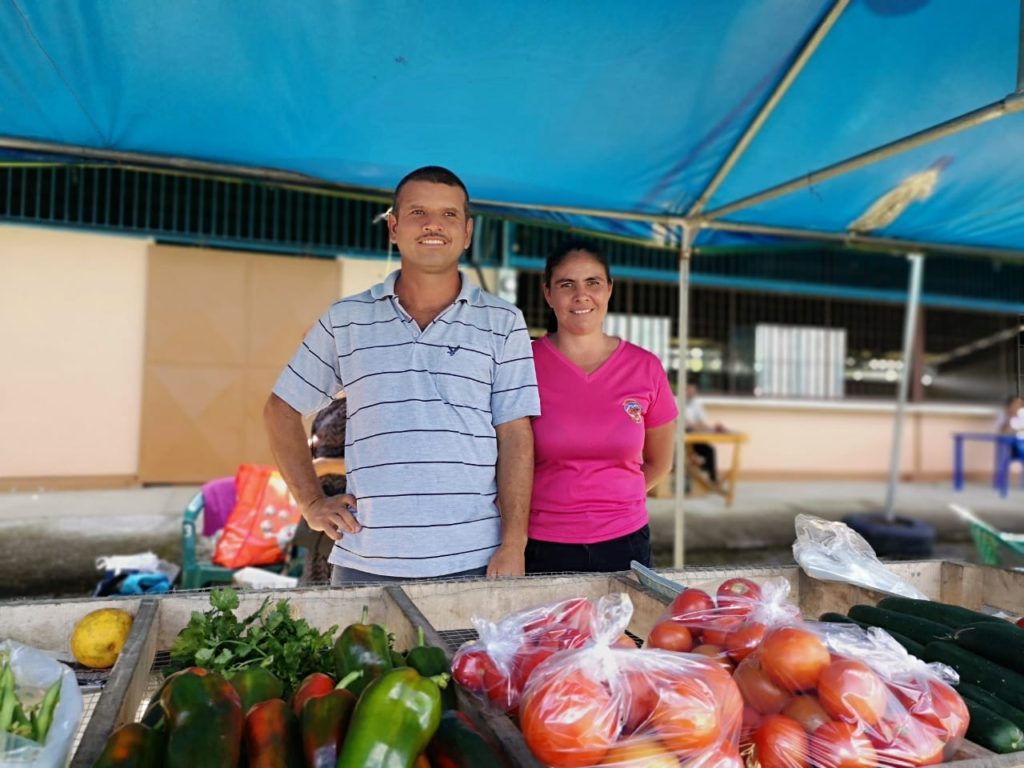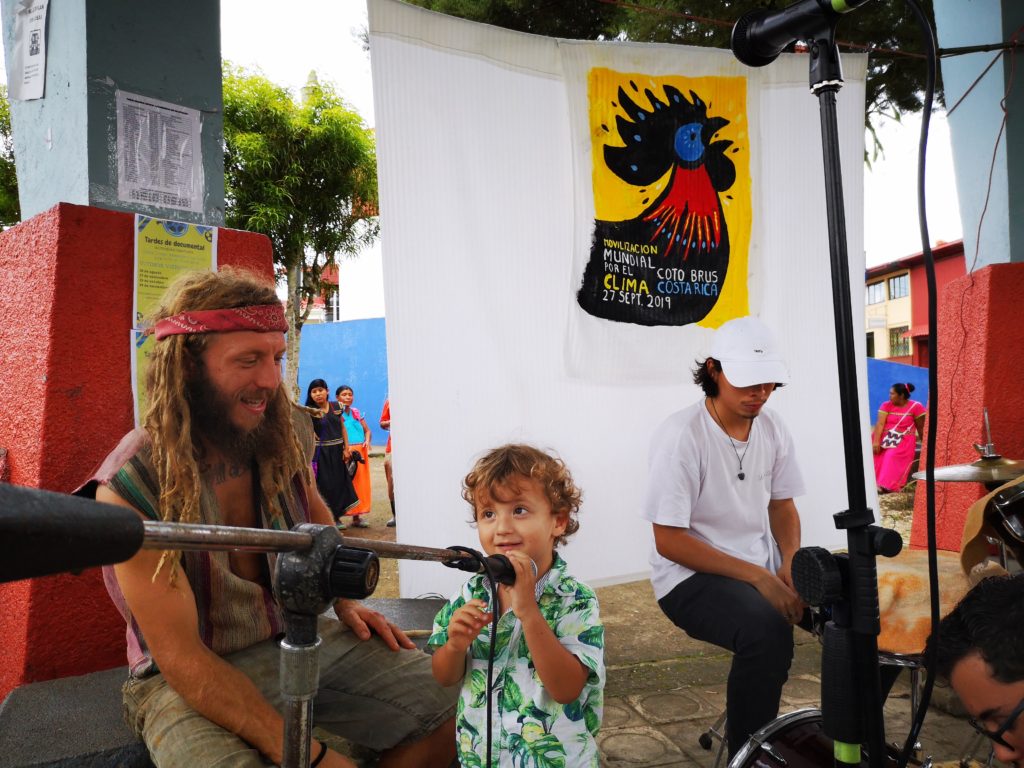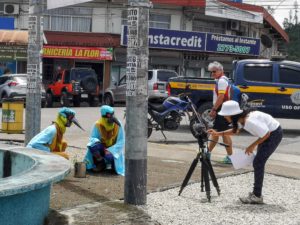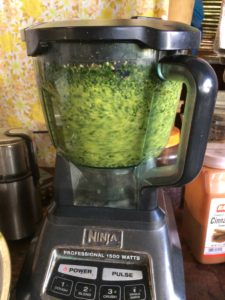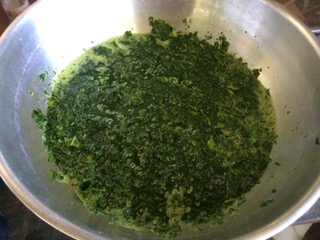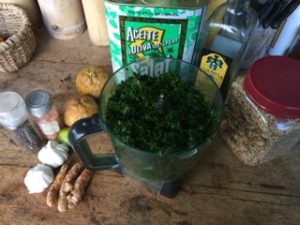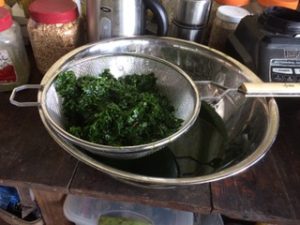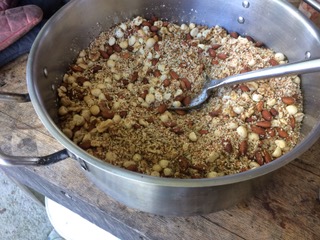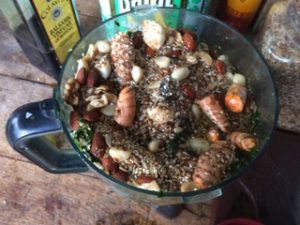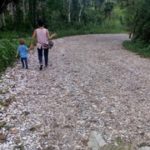
With the looming the threat of peak oil, knowing that our reliance on oil for energy is fragile, Carla took on a challenge to see how she would get along without oil.
She hoped to go for one week. She has a forest garden in her lot in town, and seems to be pretty resilient. But into the first day, she realized that I couldn’t do it. Not even for a day. She figured that she could probably scrounge enough firewood to cook some eggs for breakfast, but would need to go out to find enough wood to cook lunch.
“I could take my bicycle to get firewood. But with my son on the carrier, enough wood for a fire, and all the hills, I would not have the strength.”
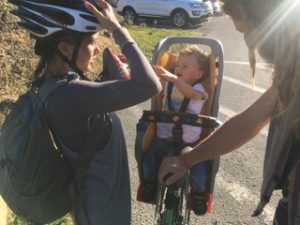
It was a worrying thought for a single mom with a young child.
In real life, Carla is blessed with many friends, family, and neighbors who would help. But in this scenario, they would likely be struggling as well, and she wanted to imagine how she could manage on her own. Now she realizes that she couldn’t.
Even with all that she grows at home, she determined that their diet would be limited, with days of not eating well.

It is not unusual for the water system to shut down. In a crisis, this would likely happen for a longer time. How would she get water if it didn’t come through the faucet?
She began to feel vulnerable, alone with a young child. While we need others, people in crisis, looking for food and water, in different states of mind, may hoard resources, or resort to violence. Going outside with him in the middle of a city could be dangerous. But she doesn’t even want to imagine that.
What she learned
Through this experience, Carla, someone who is very environmentally savvy and forward thinking, faced the reality that she is not ready to face life without oil. She is determined to help herself and her community transition into an age of declining oil production. She is envisioning a community that can manage without electricity, grocery stores, gas stations, and modern conveniences that depend on oil.
- We need to become more accustomed to bicycle transportation
- We should start storing wood, and building stoves that conserve wood.
- Rainwater catchment systems would be a good idea.
- It would help to expand our ideas of what food is, and learn to prepare foods that we may not know, that are plentiful local, and sustainable.
- Reaching out to others to build a support system is critical. We need to be able to count on each other.
